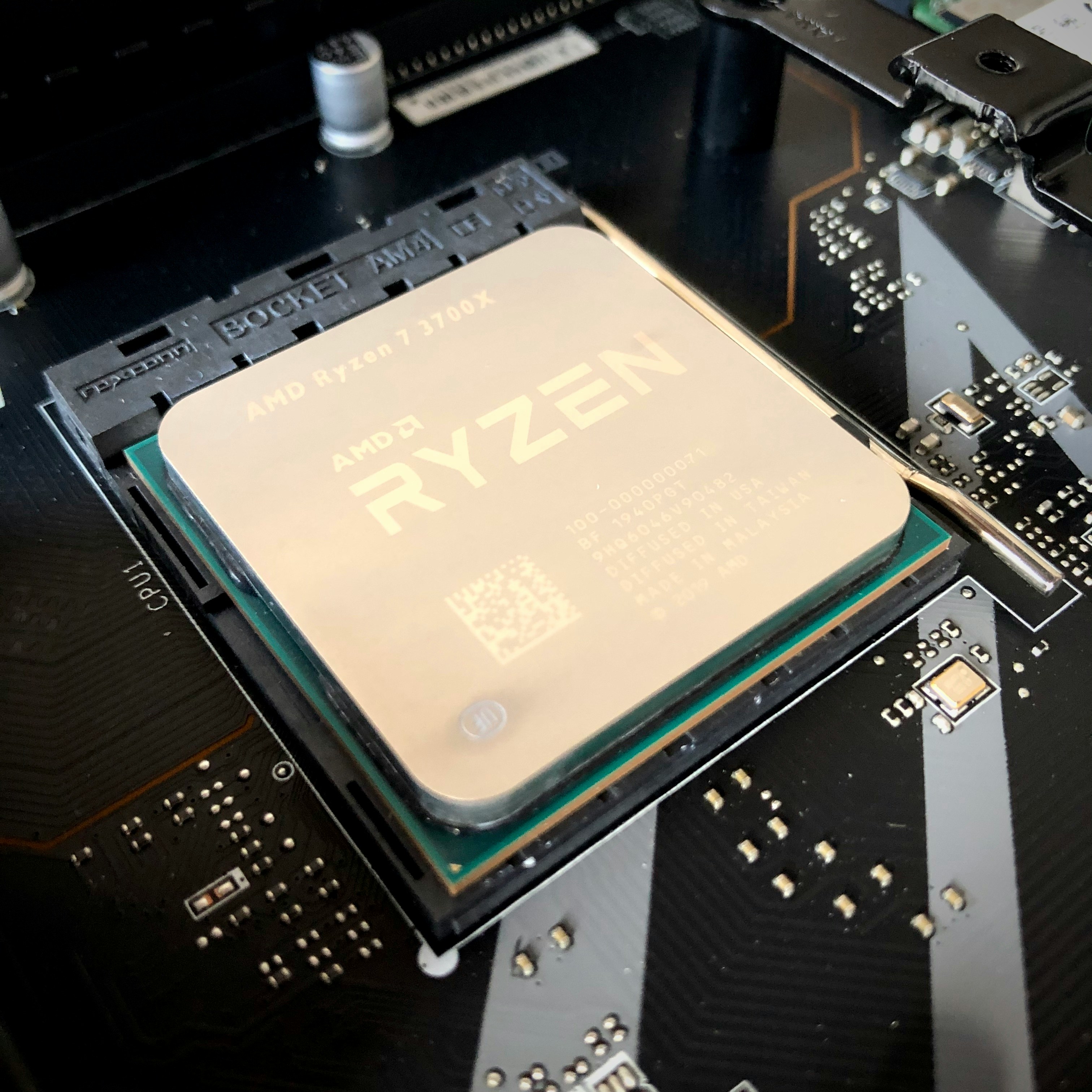
Ship your IT hardware to over 174 countries seamlessly, in compliance, and cost effectively.

Ship your IT hardware to over 174 countries seamlessly, in compliance, and cost effectively.

Ship your IT hardware to over 174 countries seamlessly, in compliance, and cost effectively.
Ship globally without the overhead.
Ship globally without
the overhead.
FGX's team of global IT logistics experts manages and executes your shipments door-to-door on our private IT supply-chain.
Door-to-door logistics
Door-to-door logistics
Door-to-door logistics
Fully managed compliance
Fully managed compliance
Fully managed compliance
Dedicated project managers
Dedicated project managers
Dedicated project managers
Dedicated project managers
Importer of Record services
Importer of Record services
Importer of Record services
Importer of Record services
Global audit support
Global audit support
Global audit support
Global audit support
24/5 customer support
24/5 customer support
24/5 customer support
24/5 customer support
Centralize
By enabling you to distribute your hardware from a single location, you can now centralize all of your purchasing and material handling.
Clearing customs and delivering your hardware is table stakes. We maximize minimize your cost exposure and enable you to plan ahead.
Clearing customs and delivering your hardware is table stakes. We maximize minimize your cost exposure and enable you to plan ahead.

Centrally configure, asset tag, and rack
Centrally configure, asset tag, and rack
Centrally configure, asset tag, and rack
Centrally configure, asset tag, and rack
Centralize buying power
Centralize buying power
Centralize buying power
Centralize buying power
Minimize vendor onboarding
Minimize vendor onboarding
Minimize vendor onboarding
Minimize vendor onboarding
Buying your hardware in a central location and distributing it from there has always been the best fulfillment strategy for managing a company's global infrastructure. It opens up the opportunity to centralize your buying power, consolidate material handling work, schedule deployments on your schedule, and more. But many companies don't have the internal capabilities to manage their own supply-chain.
Take Control
Take total control over your global IT infrastructure supply-chain, from who you're buying from to how your hardware is delivered.


Agnostic logistics
Agnostic logistics
Agnostic logistics
Agnostic logistics
Strategic planning partner
Strategic planning partner
Strategic planning partner
Strategic planning partner
Simple projects to complex rollouts
Simple projects to complex rollouts
Simple projects to complex rollouts
Simple projects to complex rollouts
Enter FGX. By leveraging our global IT logistics capabilities, you can buy your hardware from any vendor you want, wherever you want, and then take control of your distribution. FGX provides you with a world-class global IT supply-chain without any of the expensive and inefficient overhead.
Ship Anywhere
FGX's global supply-chain enables you to ship to over 174 countries turnkey and stress free. We've got you covered.
Door-to-door logistics
Door-to-door logistics
Door-to-door logistics
Door-to-door logistics
EOR and IOR solutions
EOR and IOR solutions
EOR and IOR solutions
EOR and IOR solutions
Export and import compliance
Export and import compliance
Export and import compliance
Export and import compliance
Whether you're a startup that's looking to expand internationally, an HFT that's trying to get to market faster than your competitors, or a mature CDN that needs to maintain your global infrastructure, you can rely on FGX's services to get your hardware delivered seamlessly, in compliance, and cost effectively.
Zero Commitment
It's easy to get started and there's zero commitment.
When you send us a shipment request, our team will analyze your origin, destination, bill of materials, and company's setup to generate optimized shipping options for you. You'll see each shipment's costs, timelines, and process upfront. If you want to proceed, before we even accept your shipment, we'll run our checks to ensure it will clear customs. If you don't want to proceed, that's completely fine. We'll be here whenever you need us.
Global coverage
_global
Global coverage
_global
Global coverage
_global
Global coverage
_global
Country
Average Import Tax
Average Router Duty Rate
Average Server Duty Rate
Entities Coverage
IOR Coverage
Country
Average Import Tax
Average Router Duty Rate
Average Server Duty Rate
Entities Coverage
IOR Coverage
Country
Average Import Tax
Average Router Duty Rate
Average Server Duty Rate
Entities Coverage
IOR Coverage
Country
Average Import Tax
Average Router Duty Rate
Average Server Duty Rate
Entities Coverage
IOR Coverage
Further reading
_blog
Further reading
_blog
Further reading
_blog
Further reading
_blog
COVERAGE IN 174 COUNTRIES
Get shipping options within 24 hours.
COVERAGE IN 174 COUNTRIES
Get shipping options within 24 hours.
COVERAGE IN 174 COUNTRIES
Get shipping options within 24 hours.
COVERAGE IN 174 COUNTRIES
Get shipping options within 24 hours.
HELPFUL
LINKS
/
/
SITE LINKS
+
HELPFUL
LINKS
/
/
SITE LINKS
+





















































